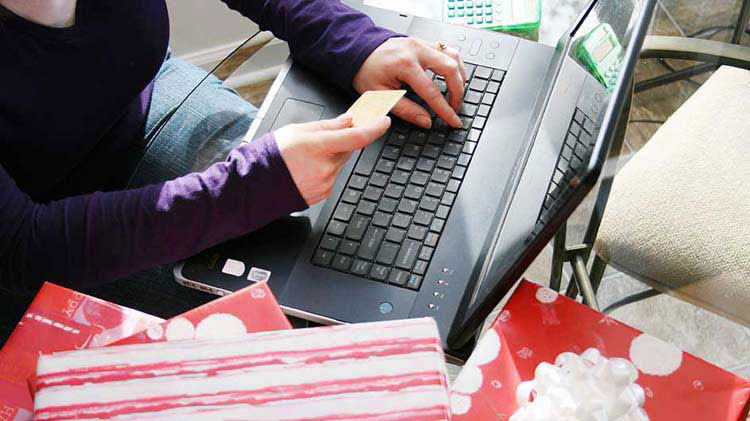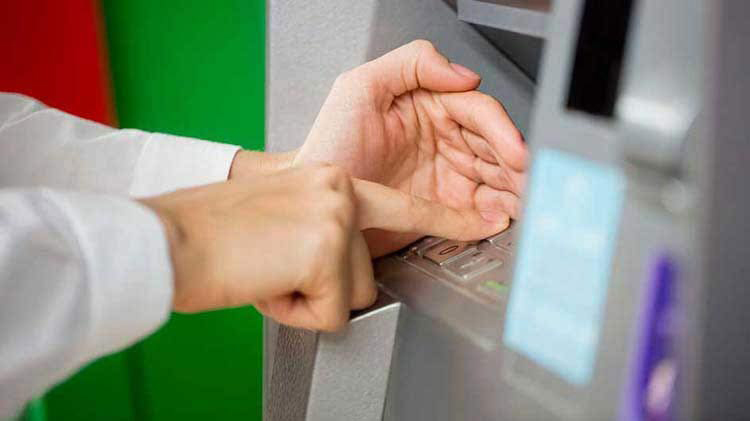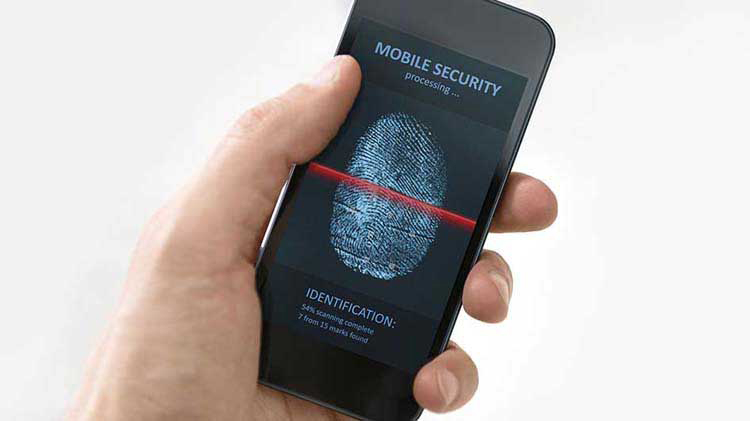Tips to help prevent identity theft from holiday scams
Scammers are busy all year-round, but especially during the holidays. Learn ways to protect yourself.
The holidays are a time for giving, but for fraudsters, they're also a time for taking. These tips can help you protect yourself and your valuable information from malware and scams that could otherwise fail to raise suspicion due to the hectic holiday season.
Since many of these scams are online, it's a good general policy to never give personal information like your Social Security number or banking details over email, beware of deals requiring immediate action and don't agree to a wire transfer to claim any kind of deal.
Prevent fraud while shopping online
With shopping online during the holidays becoming more common, help prevent your identify from being stolen when you are making purchases online from your favorite site.
- Always look for "https" in the URL. The "s" means the site is typically more safe and secure for sharing important personal information.
- Avoid fake online shopping websites. If you haven't heard of the site before, be cautious. If the deal sounds too good to be true, it probably is. It's safer to look for the product with sites you trust.
- Don't make purchases using a public Wi-Fi connection. Use you mobile phone and its cellular capabilities instead.
- Avoid using a debit card for online purchases. Credit card charges can be disputed, but debit accounts may not be reimbursed if the card number falls into the wrong hands.
Protect against email holiday scams
Holidays are the prime time of email scammers. Be cautious of the emails you receive and:
- Don't open any emails from an unnamed recipient, such as holiday e-cards — they likely contain malware. But you should also be cautious when opening holiday greetings from friends and family — their email addresses could have been hacked.
- Watch for sale emails, those unbelievable prices could very well be too good to be true. The email links could direct you to a phishing site that steals your payment information. Search for and then visit the online retailer to verify that the store and the advertised prices are legitimate.
- Don't give Santa too much information. If you are sending a letter from Santa to your child, make sure the website is a trusted source. You might be giving valuable, personal information to a phisher who will use it against you.
- Beware of emails that claim a package delivery failed or asking for recipients to confirm an order or a shipment. Also, make sure your packages don't get stolen after they are delivered.
- Watch for fake customer surveys. Especially ones offering cash or gift cards for taking the survey. Look at the URL and make sure it's from the company who is supposedly sending the survey. And if the survey asks for personal or financial information, cancel the survey right away.
Protect against end-of-year mail scams
Due to the holidays, the final months of the year fill mailboxes with a deluge of donation appeals from charities. Before writing a check or contributing online:
- Make sure you're supporting a legitimate cause. Research the soliciting organization on a reputable directory, such as Charity Navigator or the Better Business Bureau. State Farm® makes it easy to discover a cause that you can support through its Neighborhood of Good website.
- Be leery of sending money overseas. Typically, organizations requesting you to send money oversees are not legit.
- Watch out for people claiming to be a victim and needing money. These individuals are most likely part of a scam.
- Seek out the charity's authorized website. According to Charity Navigator, "before Hurricane Katrina made landfall, criminals were setting up websites that included the keyword Katrina (such as www.katrinahelp.com and www.katrinarelief.com) in an effort to collect money and personal information."
How to report mail fraud
Once you identify mail fraud, it can be reported locally at your local post office. To file a federal complaint, call 1-800-275-8777 or submit a mail fraud compliant online. If the mail fraud involved you writing checks or providing access to your credit card, contact your bank or credit card company to see if the payments can be stopped or reversed.
Protect against credit card theft in the stores
Credit card fraud is becoming more and more common. It's taking place every day and in a variety of ways. Here are some tips to help prevent yours from being stolen this holiday.
- Check the activation code. Before purchasing gift cards, check the back to make sure the activation code area hasn't been compromised.
- Watch your wallet. Keep a close eye on your money and watch for mall pickpockets, credit card skimmers and dishonest cashiers. Also, consider carrying only the credit cards you need, leaving them at home when not needed.
- Check your bank and credit card statements regularly. Look for any suspicious activities and report them immediately.
- Keep an eye on your card during a transaction. Watch the cashier or waiter process your card and put it away immediately when they are finished with it.
Protect against scams while traveling
While traveling in unknown areas, here are some tips to be help protect your credit card.
- Many internet scammers target holiday travelers at Wi-Fi hotspots, with emails promising free trips and more. Learn to recognize and protect yourself from these types of travel scams.
- Free Wi-Fi might not be free. Most public Wi-Fi is unencrypted, this means your information may be seen while you are connected to the Wi-Fi network.
- Beware of winning trips for giveaways you never entered. It could well be an attempt to get your credit card number under the guise of securing a room, or to cover other fees or a way to make you buy other pricey parts of the travel package.
- Ill-fitting keypads on an ATM machine. This may be a sign of a skimming device placed on top of the real keypad which steals your credit card and pin.
And for an added level of protection, consider identity restoration protection from State Farm. If your identity is stolen, it can help make the recovery process easier, faster and less expensive.




